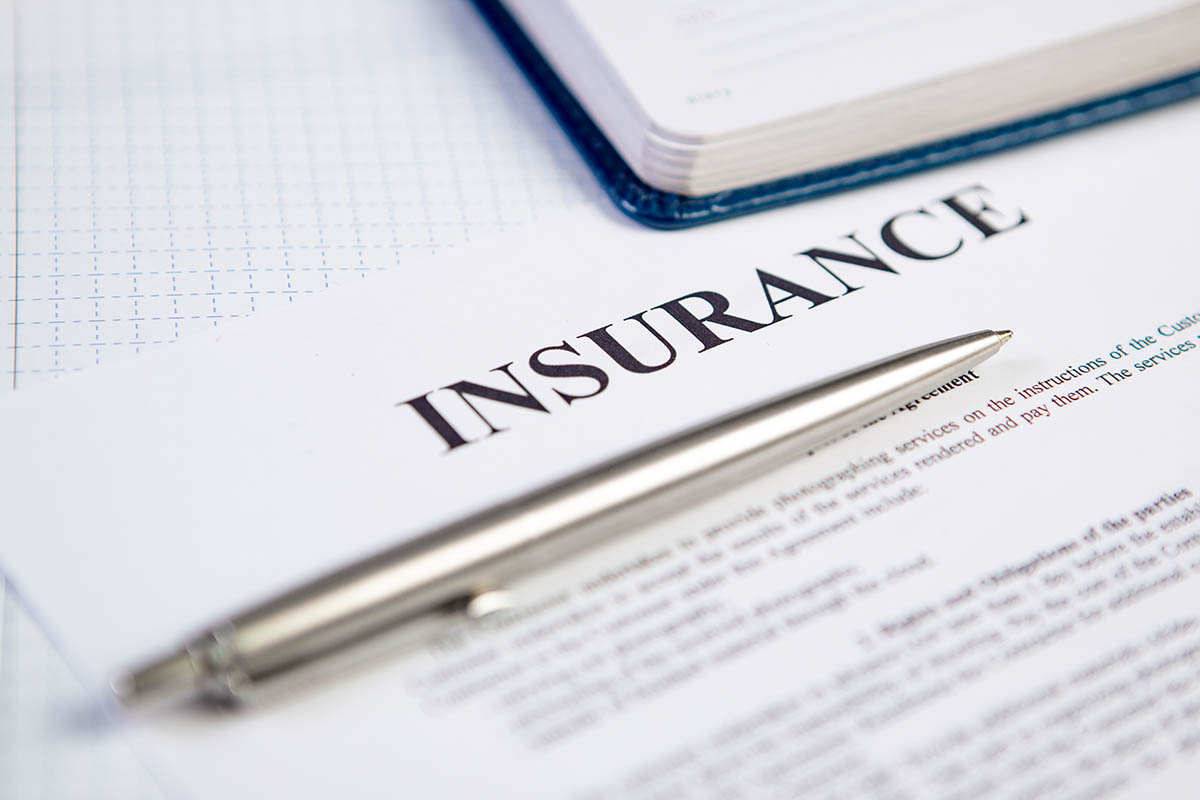What Is Vendor Liability Insurance & Why Do You Need It?
Ensuring your business remains protected in a world filled with unforeseen circumstances and incidents is crucial. One effective measure is to obtain vendor liability insurance. But what is it, and why is it essential for your enterprise? This article will simplify the concept and delve into its importance for any business.
Understanding Vendor Liability Insurance
Often known as product liability insurance, vendor liability insurance offers coverage tailored for businesses engaged in creating, distributing, or retailing products. This insurance protects against financial setbacks stemming from claims about the safety or integrity of these products. It acts as a protective barrier against possible monetary consequences due to product-related dilemmas. If you don’t have this insurance in place, try Marine Agency.
The Basics: How It Works
Picture this: You operate a firm specializing in crafting and distributing tech devices. Despite rigorous quality checks, a flaw in one of your items results in a client getting hurt. This is where vendor liability insurance becomes invaluable.
Here’s the breakdown: If a client claims against your firm, contending that they were injured due to your product, the insurance company intervenes to manage the costs tied to that claim. This encompasses legal charges, medical bills, and any damages granted to the victim. Without such insurance, these costs would fall squarely on your shoulders, potentially jeopardizing your business’s financial stability.
Why Vendor Liability Insurance is Essential
Now that we have a basic understanding of vendor liability insurance let’s delve into why your business needs it.
- Legal Protection
In today’s litigious society, lawsuits are a real threat to businesses of all sizes. When a customer alleges that your product caused them harm, you could find yourself facing a costly legal battle. Vendor liability insurance provides a crucial safety net by covering your legal expenses. This means you won’t have to drain your resources or sacrifice your business’s future to defend your company in court.
- Financial Security
Product-related accidents and injuries can result in substantial financial liabilities. Without insurance, you may have to pay for medical bills, compensation, and legal fees out of your own pocket. Vendor liability insurance ensures that you don’t have to dip into your business’s coffers or personal savings to cover these expenses. It helps you maintain financial stability even in the face of unexpected challenges.
- Protecting Your Reputation
Your business’s reputation is invaluable. A single product-related incident can tarnish your brand’s image and erode customer trust. Vendor liability insurance helps you manage and mitigate the fallout from such incidents. With the financial resources to address customer claims promptly and fairly, you can demonstrate your commitment to customer satisfaction and protect your hard-earned reputation.
- Compliance and Contractual Obligations
Vendor liability insurance isn’t merely advisable in certain situations—it’s obligatory. Numerous retailers, distributors, and various enterprises might demand their suppliers to possess this insurance as a stipulation in their contracts. Not fulfilling these terms can result in missed commercial prospects and strained partnerships.
- Peace of Mind
Running a business is stressful enough without worrying about the financial consequences of unexpected accidents or product defects. Vendor liability insurance provides you with peace of mind, knowing you have a safety net to handle unforeseen challenges. This mental relief allows you to focus on growing and improving your business.
Types of Vendor Liability Insurance
Vendor liability insurance comes in various forms to suit different types of businesses. The two primary types are:
- Product Liability Insurance: This is the most common type of vendor liability insurance and is designed for businesses that manufacture or sell physical products. It covers claims related to injuries or damage caused by those products.
- Completed Operations Insurance: This type of insurance is more relevant to service-based businesses, contractors, and construction companies. It covers claims arising from services provided, including any defects or problems that may occur after the work is completed.
How to Get Vendor Liability Insurance
Getting vendor liability insurance for your business is a straightforward process. Here are the steps to follow:
- Assess Your Needs: Begin by evaluating your business’s specific requirements. Consider the nature of your products or services, your industry, and your exposure to potential risks. This assessment will help you determine the level of coverage you need.
- Find a Reputable Insurance Provider: Research and compare insurance providers to find one with a strong track record in offering vendor liability insurance. Read customer reviews and consult with other business owners for recommendations.
- Obtain Quotes: Request quotes from multiple insurance providers to ensure you get the best coverage at a competitive price. Be sure to provide accurate information about your business to receive accurate quotes.
Conclusion
Vendor liability insurance is essential for businesses of all sizes and industries. It provides protection against the financial risks associated with product-related accidents and injuries, ensuring that your business can weather unexpected storms and continue to thrive.




















